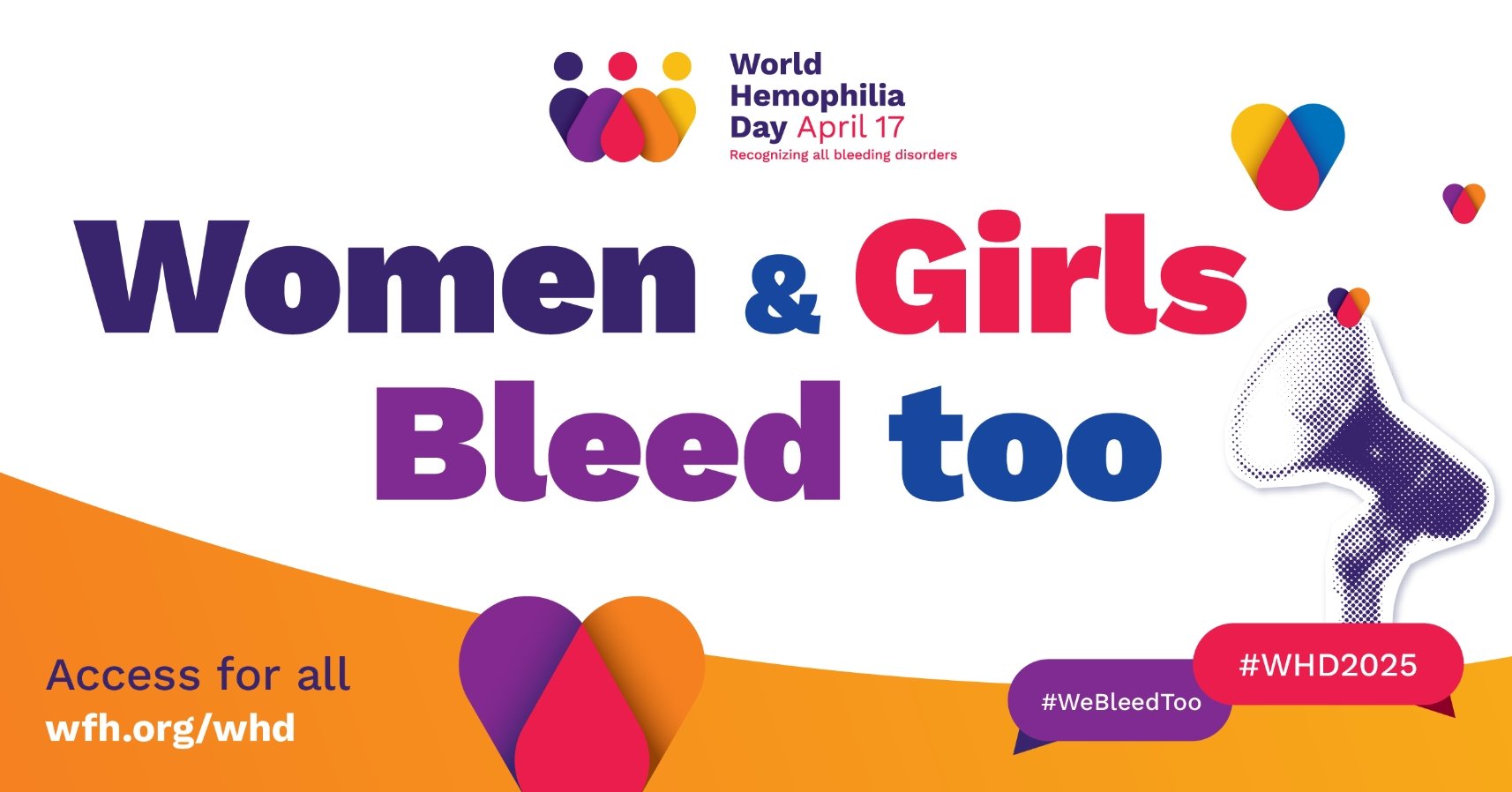
April 17 marks World Haemophilia Day as the annual event which focuses on bleeding disorder education while promoting universal access to diagnosis and treatment across the world. WFH leads this initiative with support from both public authorities and civil society organizations across the world. The global theme emphasized that all women and girls with bleeding disorders should obtain equal care and diagnostic services. Different entities connected to DEPwD including the National Institutes and Composite Regional Centers organized events with a significant event occurring at SVNIRTAR in Cuttack to enlighten people about preventative measures as well as advanced care approaches.
Context:
-
The Department of Empowerment of Persons with Disabilities under the Ministry of Social Justice and Empowerment organized nationwide awareness programs on April 17, 2025 to mark the World Haemophilia Day observance.
Key Points:
Theme and Focus (2025):
-
National Initiatives: The Department of Empowerment of Persons with Disabilities (DEPwD) organizes this event.
-
Theme: Access for All: Women and Girls Bleed Too
-
Focus:
-
The initiative wants to combat the inadequate detection of bleeding disorders among females.
-
The initiative works to provide equal healthcare opportunities to both sexes and it supports gender-neutral medical care.
-
Addresses social stigma and diagnostic delays for females
-
About Haemophilia:
Overview:
-
What is Haemophilia?
-
Haemophilia represents a very uncommon genetic bleeding condition that causes poor blood clotting because clotting factor amounts remain insufficient.
-
-
Genetics:
-
Mutations of X chromosome genes lead to the development of these disorders
-
Male population inherits haemophilia at a higher rate than the female population.
-
-
Types:
-
Haemophilia A: People lack clotting factor VIII and this disorder affects roughly one male out of 5,000 live births.
-
Haemophilia B: Deficiency of factor IX (~1 in 20,000 male births)
-
-
Symptoms:
-
The symptoms of this condition include major bruising in addition to bleeding in muscles and joints along with continuing bleeding following trauma or post-surgical periods.
-
-
Treatment:
-
Medical staff treat this disorder by delivering clotting factors VIII or IX as infusions to patients.
-
Preventive and on-demand therapy approaches
-
-
Indian Scenario:
-
The country of India maintains the world's largest population of patient cases who have haemophilia at approximately 19,000.
-
The actual number of cases exceeds 2 lakh since only 20% of patients receive medical diagnosis and reporting.
-
-
Challenges:
-
Lack of awareness
-
Inadequate diagnostic infrastructure
-
High treatment costs
-
Gender bias in diagnosis (especially in women and girls)
-
World Federation of Haemophilia (WFH):
-
Founded: 1963
-
The humanitarian organization operates internationally under the formal recognition of the WHO.
-
Presence: Network across 140 countries
-
The organization dedicates itself to enhancing worldwide care and therapy for patients dealing with inherited bleeding conditions.
Conclusion:
The 2025 World Haemophilia Day emphasized the immediate requirement for inclusive healthcare solutions that recognize hidden healthcare needs of women and girls. Through their initiatives DEPwD along with associated institutions have taken major steps to bridge the care gaps while enhancing bleeding disorder treatment for all patients with these conditions. Public health initiatives will continue to strengthen throughout the nation while remaining dedicated to gender equality and diagnosis advancement remains essential.



 China Set to Unveil World’s Tallest Bridge — Huajiang Grand Canyon Bridge in June
China Set to Unveil World’s Tallest Bridge — Huajiang Grand Canyon Bridge in June Blue Origin's First All-Women Crew Returns After Historic Space Launch
Blue Origin's First All-Women Crew Returns After Historic Space Launch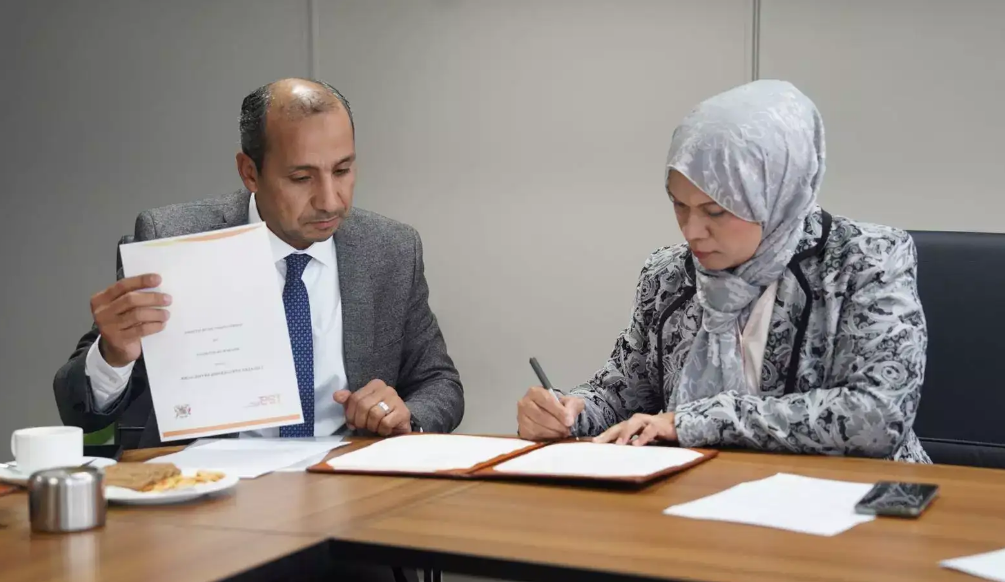 Mauritius Becomes First African Nation to Sign ISA’s Country Partnership Framework 2025
Mauritius Becomes First African Nation to Sign ISA’s Country Partnership Framework 2025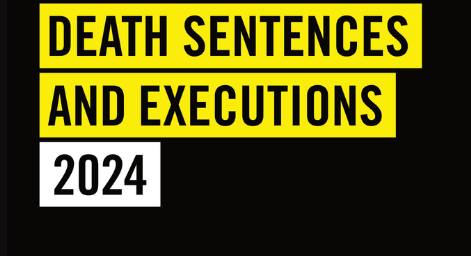 Amnesty International's Death Sentences and Executions 2024
Amnesty International's Death Sentences and Executions 2024 De-Extinction of Dire Wolf: Scientists Revive Ancient Predator Using DNA
De-Extinction of Dire Wolf: Scientists Revive Ancient Predator Using DNA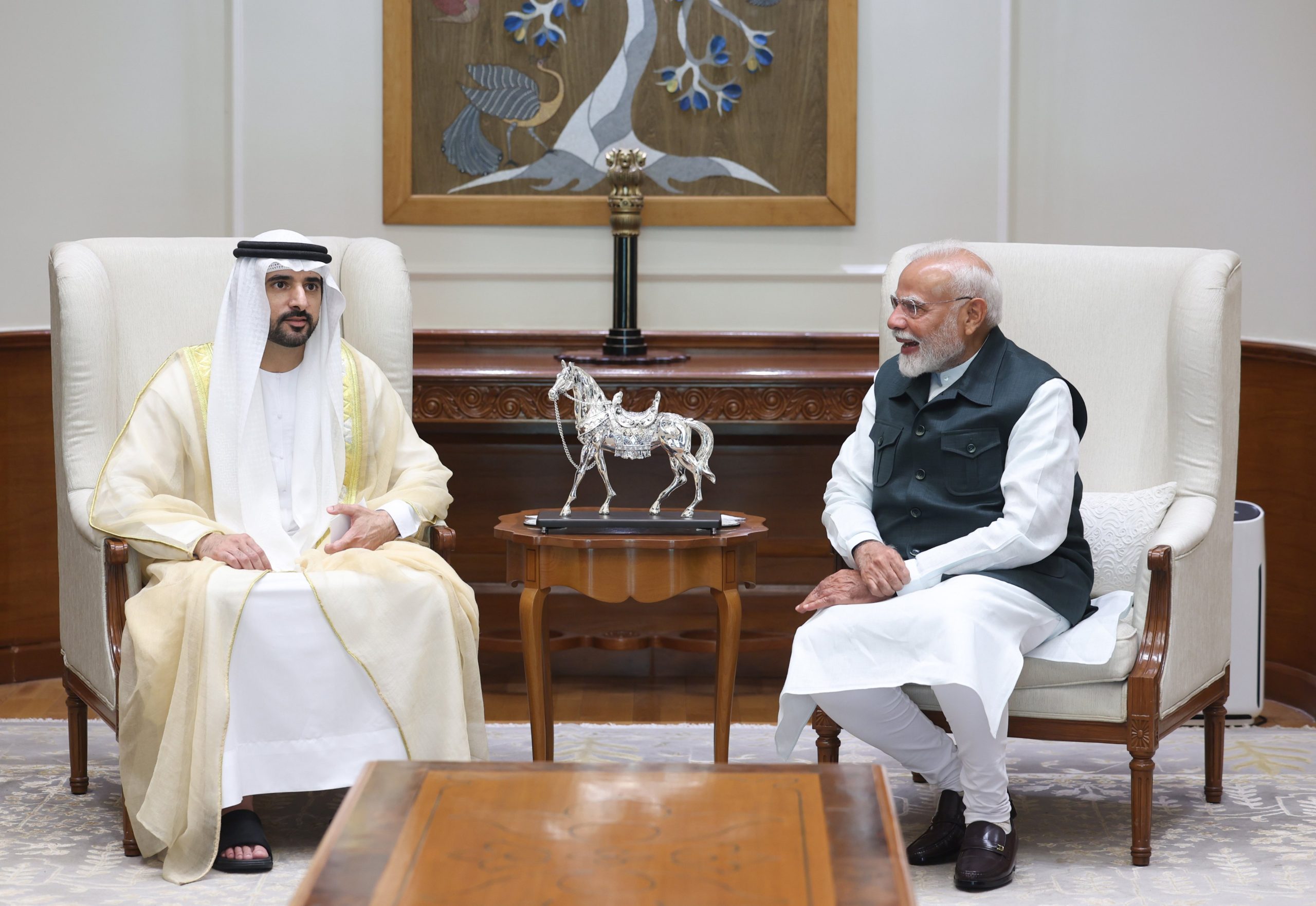 Dubai Crown Prince Visit Boosts India-UAE Strategic, Trade, and Education Ties
Dubai Crown Prince Visit Boosts India-UAE Strategic, Trade, and Education Ties Ottawa Convention on Anti-Personnel Mines: Strategic Shifts and Humanitarian Concerns
Ottawa Convention on Anti-Personnel Mines: Strategic Shifts and Humanitarian Concerns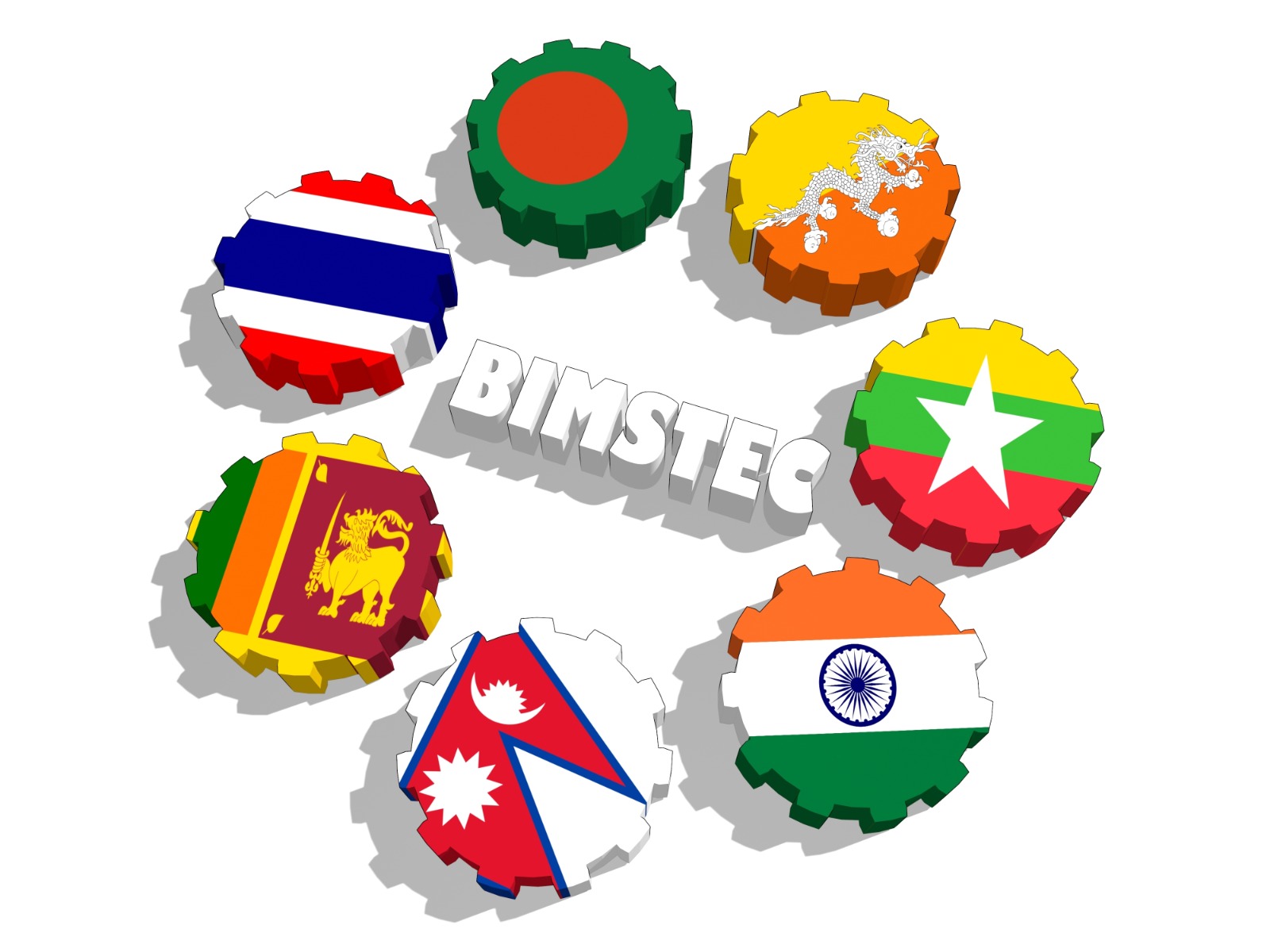 6th BIMSTEC Summit: Advancing Regional Cooperation in the Bay of Bengal
6th BIMSTEC Summit: Advancing Regional Cooperation in the Bay of Bengal India-Sri Lanka Sign Historic Defense Pacts For The Future
India-Sri Lanka Sign Historic Defense Pacts For The Future






